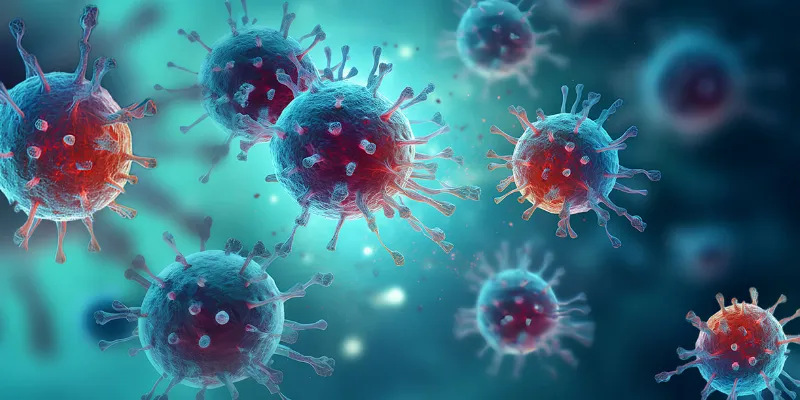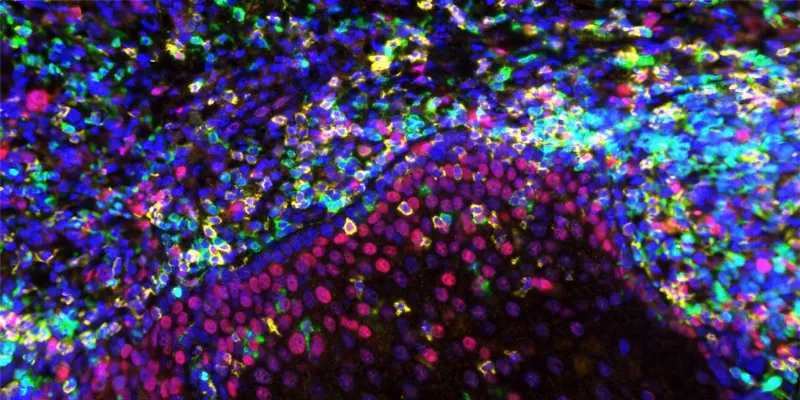New Research Offers Hope with Personalized Immunotherapy for Cancer Patients

1 March 2024
In a new discovery recently published in Science Translational Medicine, scientists show that all cancer patients can produce cancer-fighting T cells, signaling a robust immune response.
A group of scientists from the La Jolla Institute for Immunology, UC San Diego Moores Cancer Center, and UC San Diego has revealed that patients with "cold" tumors—previously thought to evade the immune system—actually produce cancer-fighting T cells. This discovery could significantly expand personalized immunotherapy to more cancer types, offering new hope for treatments tailored to individual patients' immune responses against tumor-specific mutations.
The new finding from this research hints at the untapped potential of empowering natural immune responses through tailored therapies.
According to LJI Professor Stephen Schoenberger, Ph.D., "In virtually every patient we’ve looked at, with every kind of cancer we’ve analyzed, we can detect pre-existing natural immunity against their tumor’s immunogenic subset of mutations known as neoantigens."
A New Frontier in Cancer Treatment
Immunotherapies have revolutionized cancer treatment, particularly for tumors with high mutation rates, such as lung cancers and melanomas. These therapies harness the patient's own T cells to attack cancer cells, offering life-saving benefits. However, the success of such treatments has been limited for patients with "cold" tumors due to the difficulty in distinguishing these cancers from healthy tissue.

The groundbreaking study spearheaded by Aaron M. Miller, M.D., Ph.D., and Zeynep Koşaloğlu-Yalçın, Ph.D., employed a novel bioinformatics approach to identify mutations in various cancers that could be recognized by T cells as neoantigens. This approach, termed "Identify, Predict, Validate" (IPV), allowed the researchers to detect T cells capable of recognizing these mutations in all 13 patients studied, spanning eight different types of advanced solid tumors.
Beyond Identification: The Path to a Cure
The discovery that patients with "cold" tumors possess T cells targeting their cancers opens the door to developing vaccines or therapies that could increase these cells' numbers and efficacy. The study revealed that while these T cells exist, they are rare and not sufficient to combat the tumors effectively, especially in terminally ill patients.
To address this, researchers are exploring ways to enhance the quantity and potency of neoantigen-specific T cells. This includes the development of personalized cancer vaccines, which could stimulate the production of more T cells. A clinical trial is currently underway at UC San Diego Moores Cancer Center to test these next-generation vaccines against various cancers.











Comments
No Comments Yet!